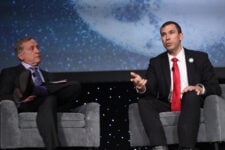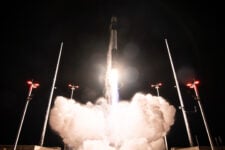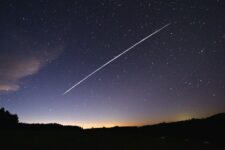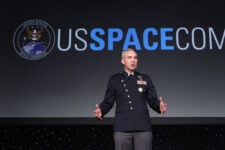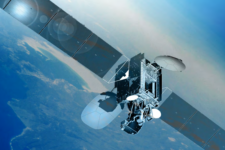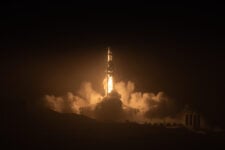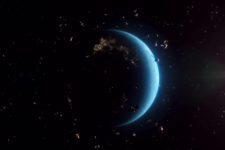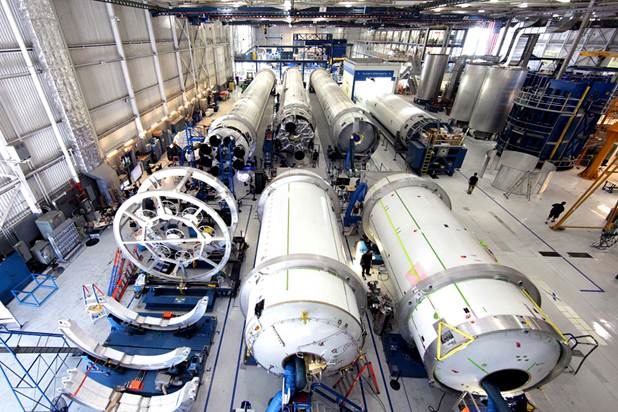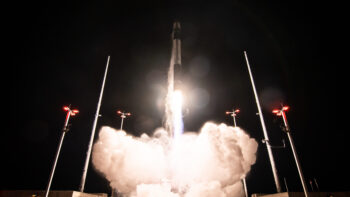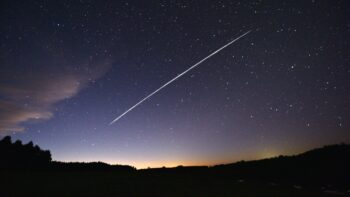WASHINGTON: SpaceX appears to have succeeded in cracking open the EELV program a bit in return for dropping its suit in the Court of Federal Claims against the Air Force.
The agreement was announced by the Air Force and SpaceX after the stock market closed this afternoon.
“The Air Force and SpaceX have reached agreement on a path forward for the Evolved Expendable Launch Vehicle (EELV) program that improves the competitive landscape and achieves mission assurance for national security space launches,” the statement says, claiming everybody wins.
It includes a public agreement by the Air Force to “work collaboratively with SpaceX to complete the certification process in an efficient and expedient manner.” SpaceX owner Elon Musk has grumbled and whined and sued over what he says is the service’s slow progress in certifying that SpaceX’s rockets are safe and reliable enough to carry Air Force and intelligence community payloads into space.
The Air Force “has expanded the number of competitive opportunities for launch services under the EELV program while honoring existing contractual obligations,” today’s service statement says.
This all began when the Air Force restructured its launch contracts for the Evolved Expendable Launch Vehicle (EELV) program. Since then, Musk has cried foul and pressed his case on Capitol Hill, in the media and in the courts. It looks as if the tenacious, aggressive and wily Musk has won again. However, we’ll have to see how far the Air Force actually bends to please him.
After all, top Air Force officials have said for more than a year that SpaceX was very likely to be certified. Lt. Gen. Ellen Pawlikowski, military deputy to the head of Air Force acquisition, told me just before Christmas that she had no doubt Musk’s company would soon be certified. Though it was supposed to happen by year’s end, Pawlikowski said that some complex engineering analysis remained to be done.
Remember that the Pentagon is likely to replace the RD-180 Russian rocket engines and Space X would be hungry for that business.
HASC chair backs Air Force plan on space Guard units (Exclusive)
House Armed Services Chairman Mike Rogers tells Breaking Defense that Guard advocates should not “waste their time” lobbying against the move.



